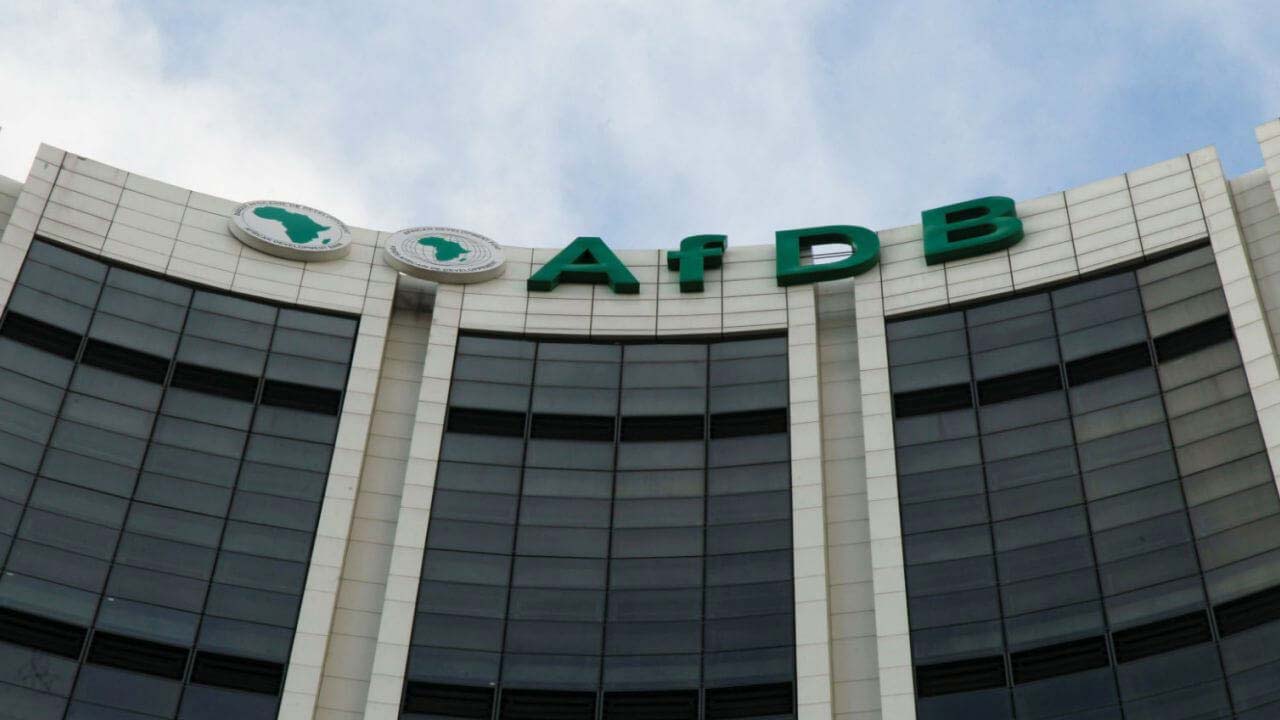
On the 23rd day of May, African leaders criticised the global financing system that is causing numerous African countries to fall into a debt trap, exacerbating the prevailing socioeconomic challenges.
During the annual general meeting of the African Development Bank (AfDB) held in Sharm el Sheikh, Egypt, the leaders present criticized the lack of fairness exhibited by international financial institutions towards impoverished African nations. They emphasized the urgent need to review the current financial architecture in order to address these challenges effectively.
Notably, Nigeria was conspicuously absent from the forum, despite having a public debt of around N70 trillion and a debt-to-revenue ratio nearing 100%. While the Nigerian flag was displayed, the government did not have any representation in the discussion session, which included three African presidents, numerous vice presidents, and delegates from various governments.
Dr. Akinwumi Adesina, the President of the AfDB Group, highlighted that the global financing architecture is failing Africa and other developing countries in the face of global challenges. He stressed the necessity of modifying the design to better confront emerging realities.
Adesina pointed out that, with just eight years left until the Sustainable Development Goals (SDGs) deadline, all African countries are currently off-track in achieving the goals. This raises concerns about their capacity to meet those targets and questions the level of global support they have received.
He further stated that African countries require an annual intervention of $1.3 trillion to achieve the SDGs by 2030, along with an additional $144 billion each year to recover from the devastating impacts of the COVID-19 pandemic.
The president said: “Africa is in the circle of COVID-19, climate change and conflicts, putting it in need of more financial resources. On global warming, Africa contributes just three per cent of global carbon emissions, yet it faces devastating effects that cost it between $7 to $15 billion yearly. Africa would need $2.7 trillion to bridge the gap of climate change needs by 2030, yet the global financial architecture provides only three per cent of global climate financing for Africa. Africa receives just $18 billion yearly in climate financing between 2016 and 2019.”
He added that the global financing architecture is essential to tackling the debt crisis especially in developing countries and in Africa, especially in the face of COVID-19, climate change, and the Russo-Ukrainian crisis.
“While the median public debt has reclined to 65 per cent of the GDP, from 68 per cent in 2021, the debt levels are still high. Efforts to restructure Africa’s debts have also changed dramatically. While bilateral debt accounts for 27 per cent of debt compared to 52 per cent in 2000, commercial debt now accounts for 43 per cent of total debt, compared to just 20 per cent in 2000.
“But, the expansion and fragmentation of these credits complicate their repayments by the Bretton Woods institutions and others. There is, therefore, an urgent need to reform the current international financial architecture to make it fit for in-depth restructuring. Debt resolution in Africa, especially outside the Paris Club processes, has often been disorderly and retracted because of economic consequences. To avoid high debt resolution costs, and to limit the magnitude of debt crisis reemerging, the international community needs to push for enhanced transparency on debt and global coordination among creditors,” Adesina said.
He said further that while efforts were on to make the G20’s common framework on debt resolution work, they were yet to succeed in the cases of Chad, Ethiopia, Zambia and Ghana which requested debt treatment under the common framework.
President of the Arab Republic of Egypt, Abdel Fattah el-Sisi, added that African countries currently face global challenges and effects of climate change, the pandemic and the Russia-Ukraine crisis, all of which were not their making, and need a collective effort to mitigate their effects.
Egypt's President el-Sisi called upon multilateral institutions to reevaluate the terms and conditions of public financing provided to African countries in order to alleviate the burden on the continent.
On the other hand, Moussa Faki Mahamat, the Chairperson of the African Union Commission, emphasized the importance of African countries being self-reflective regarding the outcomes of previous multilateral meetings on African development. He encouraged them to examine why debt levels and inflation rates persist despite past decisions made in these meetings.
Mahamat said: “This meeting should not be all talks but on strategic efforts to align with the AU’s 2063 agenda on self-sustainability of the continent. The financing targets are good, but they should be more realistic, looking towards institutional reviews to encourage better partnerships through in-country transparency and eradication of corruption.”
Copyright © ENTREPRENEURSHIP DEVELOPMENT INSTITUTE 2015. All rights reserved.
Powered by: C.B.N